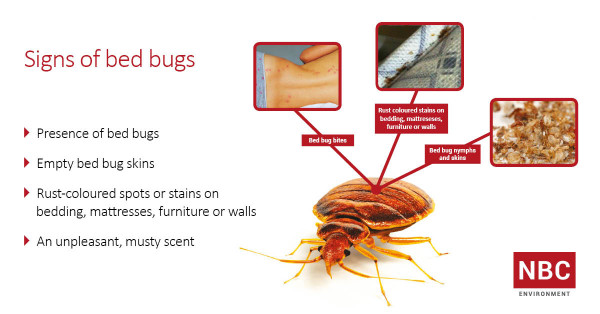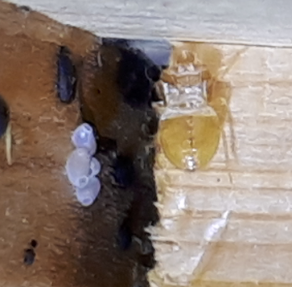
Call 0333 567 2020 for advice and quotes or contact us online
How to Get Rid of Bed Bugs?
Bed bugs are small parasitic insects who like to travel – this giving them the name ‘hitchhikers’ within the pest control industry.
This common pest was once associated with unhygienic surroundings, but bed bugs can be found in very clean environments.
The bed bug’s life cycle develops in stages: egg, several immature nymph stages, and then adult. This process is called incomplete metamorphosis and can take 6 to 10 months.
A Bed bug infestation can be a very costly to many different businesses, you may have a cost implication to replace furniture, bedding, mattresses within the room (s) but also loss of business to close the room for a treatment. Also a ruined reputation could cause loss of revenue in the future from a bad experience.
This bad experience may also lead for negative reviews on social medial, which again could cause a negative reputation and loss of future revenue. If customers experience a bed bug infestation within your business, they are likely to complain and request a refund.
They may be small, but they do bite and feed on their host at night. The good news is with the correct treatment and process bed bugs can be eliminated.
You can say goodbye to bed bugs.
 How to check for bed bugs
How to check for bed bugs
Bed bugs are sneaky and like to spend much of their time in the dark in cracks and crevices, Bed Bugs are not limited to your bed, they will infest cracks and crevices in the surrounding furniture, behind headboards, skirting boards, plug sockets, under loose wallpaper, behind pictures, and even curtains.
Bed bugs are nocturnal and usually start feeding when people are asleep. This is the safest time for them to get a meal, as they are less likely to get squished if detected. However, they have been known to feed during the day if the conditions are favourable.
If you notice any of the following you may have bed Bugs:
- blood smears on the bed linen
- Small reddish-brown faecal spots that look like an ink dot.
- Red, irritating bites, typically in rows on your neck, shoulders, back, legs or arms
- Bed bug moult skins, pale-white eggs, empty eggshells these are very small but are visible to the human eye
 What do bed bugs look like?
What do bed bugs look like?
The common bed bug (Cimex Lectularius) is red to dark brown (depending on when they fed) with a flat oval body. Adult bed bugs measure around 6mm long, about the size of an apple seed, so they are visible to the human eye, but you need to look for them.
Young bed bugs or nymphs, as they are known are very small and pale in colour, making them very difficult to detect.
How do you get bed bugs?
As bed bugs can only crawl, they are great at hitchhiking and getting to new places, commonly they can be introduced to your property after attaching themselves to luggage, bags, clothes or through second-hand furniture. Today bed bugs conquer quite varied locations, ranging from hospitals, care homes to hotels and guesthouses, where they are most unwelcome as guests.
Are bed bugs dangerous?
Bed bugs primary hosts are humans, and while they are a real nuisance pest, they generally are not dangerous. Although there are no known disease risks associated with bed bug bites, they can cause irritation and distress, everyone reacts differently to a bed bug bite, some develop red, irritating marks, while others do not react. The bites can be itchy and cause painful swelling, with excessive scratching sometimes leading to infections which may require a local antiseptic or antibiotic cream.
Whilst bed bugs may not be a serious health hazard, if you run a care home, hotel or similar business and discover a bed bug infestation, it can have a serious impact on your business. Meanwhile, a serious bed bug infestation in your home can cause anxiety, stress and not surprisingly sleep problems.
How do you treat bed bugs?
Eliminating bed bugs often proves difficult due to the life cycle of bed bugs. These pests are notoriously tricky to treat, with female bed bugs laying hundreds of eggs up to 500 in 2 months. Then within a couple of months the young reach maturity and so the cycle begins again.
If you’d like further information about our professional bed bug treatment service, talk to our friendly team on 0333 567 2020 about the best treatment to eradicate your bed bugs.
Author: NBC Environment/Orkin























